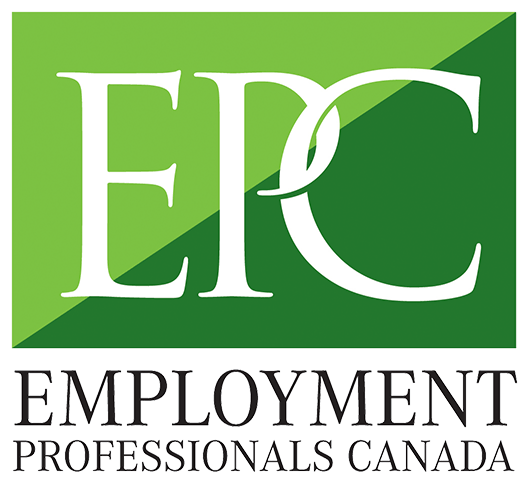A lot rests on making the right hiring decision, the first time around. A hiring mistake can be devastating to your company bottom line, not to mention related collateral damage to morale and even your reputation as an employer.
Formulate a hiring scorecard to be used by every interviewer on your team. Taking a 360-degree approach and having multiple people assess candidates is the best possible strategy, but their opinions should be formed around the same criteria.
Here are five key factors to list on that scorecard:
Hard Skills
You need employees with updated, specialized knowledge in their fields. Whether you’re hiring at the entry level or seeking an experienced leader, look for a lifelong learner who expresses an interest in ongoing self-education.
- Foremost among hard skills today is technical competence. Advancements in technology have made it possible to streamline key business processes, making tech skills more critical than ever before. The best candidates are well versed in the specific tools and platforms needed to excel in their roles.
Soft Skills
These are interpersonal and general analytic abilities including teamwork, empathy, leadership, negotiation, adaptability and problem solving. Forbes refers to them as “21st century skills.”
- In a recent survey of more than 2,100 HR professionals, 77 percent said soft skills were just as critical as hard skills in their hiring decisions.
Cultural Fit
Culture matters because when employees consistently practice shared value, it provides an experience that loyal customers seek. In addition, there’s a greater likelihood that individuals will stay at a company where the work is meaningful. When organizational values are in sync with an employee’s personal values, they feel a sense of harmony at work.
- Candidates selected on the basis of cultural fit contribute faster and perform better – and incite others to do the same.
- Because values are difficult to change, cultural fit cannot easily be altered through training and development.
Work Ethic
Having a strong work ethic means an individual has an unwavering set of moral principles they use in fulfilling their responsibilities. They are reliable self-starters who can do the job right the first time, so they’re not high maintenance. Components of a good work ethic include:
- Integrity: fostering trusting relationships with clients, co-workers and other company stakeholders.
- Discipline: Dedication to the company and perseverance to complete every assignment effectively.
- Concern for quality: Refusal to compromise until their work is done completely and their product is right.
Recommendations
Reference checking should be a bridge between hiring and onboarding. Not only will it help you to make the best possible decision, but it also will support your new hire’s successful transition into their role.
- Reference checks are your opportunity to gather information on candidates from outside sources. Take advantage of their recommendations.
- Structure reference checks. Letters of recommendation are a thing of the past. They’re static and tell you only what the reference wants you to know. Performing checks by phone is more effective as it allows you to direct the conversation.
Building and strengthening your human capital is among your most important goals as a successful business leader. Consider partnering with a specialized recruitment firm so you can meet and exceed those goals on a regular basis. To learn more, read our related posts or contact Employment Professionals Canada today.

